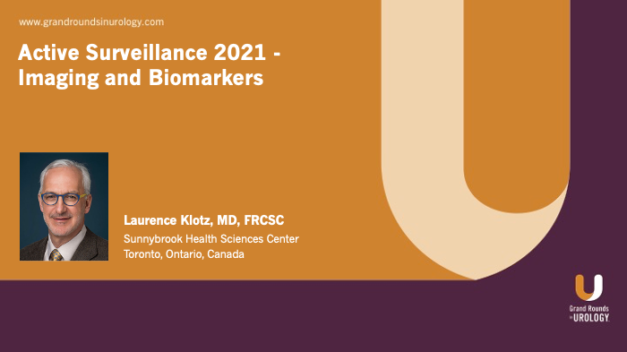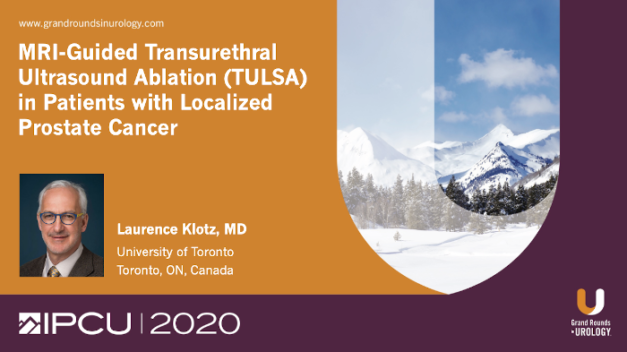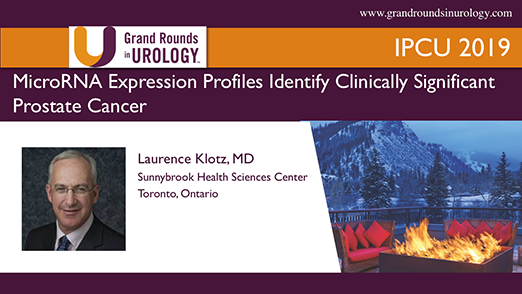Active Surveillance 2021 – Imaging and Biomarkers
In the second part of a Platinum Lecture trilogy on active surveillance, Laurence Klotz, MD, FRCSC, Professor of Surgery and holder of the Sunnybrook Chair of Prostate Cancer Research at the University of Toronto, outlines recent developments in imaging and biomarkers and discusses how these are changing active surveillance for prostate cancer. He reviews the benefits and limitations of MRI targeting, considers the potential of high resolution micro-ultrasound, looks at how biomarkers that provide a continuous risk index might be more useful in active surveillance than most currently-available biomarker tests, and contemplates a future of data integration and artificial intelligence in active surveillance.
Read More


